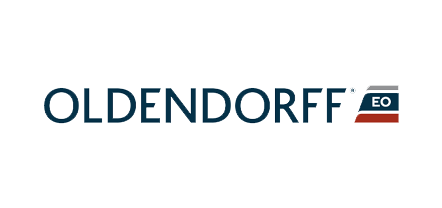Vessel-level ESG Report
Idwal ESG Services
Our ESG-focused services can help you improve decisions related to ESG across your vessels, your portfolio or across your organisation and will assist companies to effectively manage their ESG risks and bolster their reputation in the eyes of stakeholders.
Whether you’re a shipowner, investor, financier, charterer, insurer or manager our new vessel-level ESG report represents a significant step forward in the visibility of the maritime industry's commitment to sustainability and responsible business practices and leads to greater transparency, accountability and success

EEXI calculation
The IMO has set a goal to reduce the carbon intensity output of vessels by 40% by 2030 and a 70% carbon intensity by 2050. During MEPC 76 in June 2021, they adopted amendments to MARPOL Annex VI, introducing a key new metric known as EEXI (Energy Efficiency Existing Ship Index) which is based on the Energy Efficiency Design Index (EEDI) formula.
Idwal offer free EEXI calculation and advice on meeting the targets.

Vessel-level ESG report
Our Vessel ESG Report can be added to any standard Idwal inspection service, such as our condition, pre-sale or pre-purchase inspections, and provides a concise ESG assessment of any vessel type from an onboard perspective.
Utilising our unique digitalised framework, and our global network of expert marine surveyors, our ESG report will generate an initial ESG grade of your vessel which can be used to quickly determine ESG-compliance onboard.











